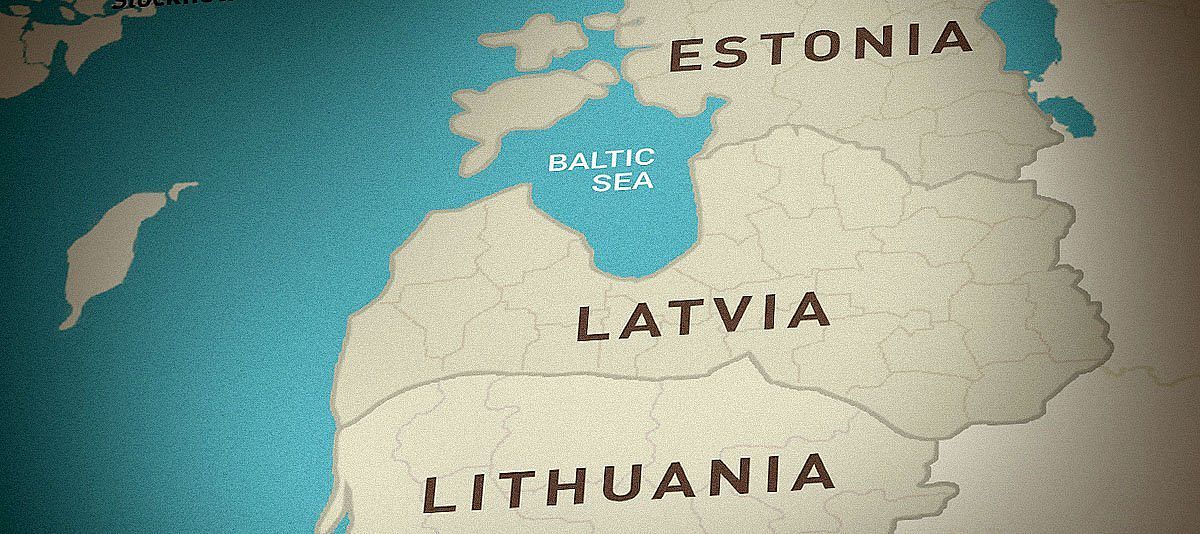The plea was the latest development in a row brewing within the bloc about the future of natural gas.
Some lobbyists claim it should be phased out because of its contribution to greenhouse gases and others say it should be tolerated because it is less damaging than coal.
Reuters reported on Monday that BP had called on the EU to support natural gas because, despite it being a fossil fuel, it is helping in the transition to a low-carbon world and will help the bloc hit its target of net-zero greenhouse gas emissions by 2050.
The lobbying followed the bloc outlining its plan to exclude natural-gas power plants from its list of sustainable projects.
The bloc has since held back on making a decision about how to categorize the power plants while it seeks more advice.
Reuters said BP had complained natural-gas projects would struggle for funding if they were not deemed sustainable, and that would make it more likely that nations would simply stick with polluting coal-fired power plants.
BP said:
- natural-gas power plants emit roughly half the carbon dioxide produced by coal-fired plants
Natasha Landell-Mills, from institutional investor and asset management company Sarasin and Partners, told Reuters that BP's lobbying raised serious questions:
- If their (capital expenditure) was oriented toward full decarbonization by 2050, then you'd naturally expect to see lobbying align with this goal
- The fact it seems to be pushing the other way suggests a problem
But other EU nations have insisted that the bloc stands firm and refuses to label natural-gas power plants sustainable; these include Denmark, Spain, and Ireland.
The online news site and industry hub Gasworld on Monday published an interview with Louise Jacobsen Plutt, BP's senior vice-president of hydrogen, carbon capture usage and storage, in which she said becoming a net-zero company by 2050, or sooner, «will no doubt be challenging».
Author: Earle Gale







